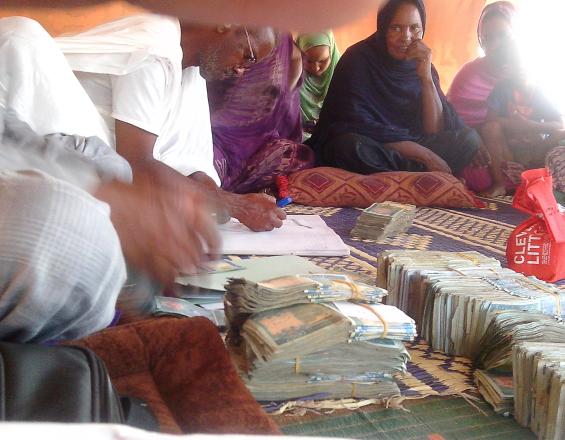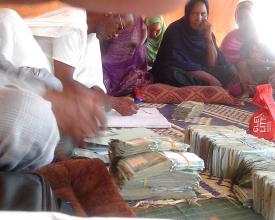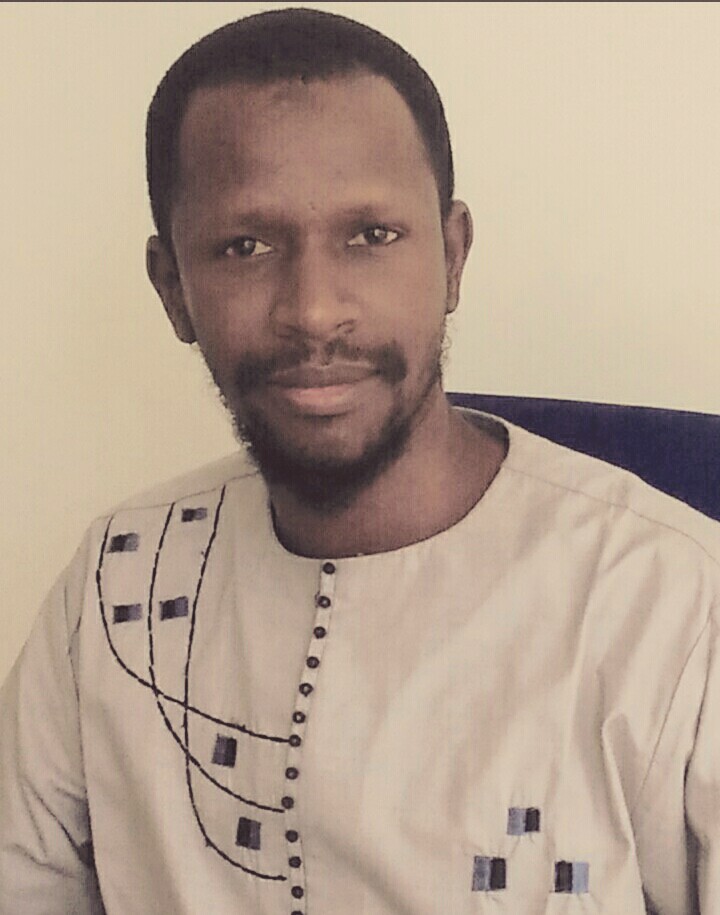Supporting the promotion of Imraguen fishery products in Banc d'Arguin NP
Snapshot Solution

Lending for women
Fishing is an important and primary activity for Imraguen populations in Banc d'Arguin National Park. Imraguen women are engaged in processing fishery products using different species of fish, the most famous is the yellow mullet. This activity often provides women with only small revenues. To support them, the park administration has set up the "Imraguen Credit Fund " with a 0% interest rate.
Last update: 01 Apr 2019
5028 Views
Context
Challenges addressed
Location
Banc d'Arguin National Park, Nouadhibou, Dakhlet Nouadhibou, Mauritania
West and Central Africa
Impacts
Towards a modernization of processing and marketing:
- Make new modern “tikits” (traditional house where bottarga is made).
- Create cooperatives for women.
- Provide micro-credits with an interest rate of 0% to establish working capital for the benefit of women's groups.
- New “tikits” allowed to improve the quality of processed products.
- The cooperative groups enabled women to better organize themselves.
- Micro credits allowed women to strengthen their purchasing power of mullet.
- Value is added to a traditional product by branding it.
- In the village of Mamghar, all processing members of the cooperative received a credit between 40 to 45,000 UM ($ 105 AUD) per woman.
- 88 women were trained in packaging techniques of bottarga (quality and hygiene).
- Traditional know-how (“savoir-faire”) is retained while improving processing techniques.
Sustainable Development Goals
SDG 1 – No poverty
SDG 2 – Zero hunger
SDG 3 – Good health and well-being
SDG 10 – Reduced inequalities
SDG 15 – Life on land



